AWS Cloud Practitioner Exam Questions
4.9 out of 5 based on 9587 votesLast updated on 22nd Jun 2024 19.32K Views
- Bookmark

AWS Cloud Practitioner certification enables you to effectively utilize AWS for various business solutions.
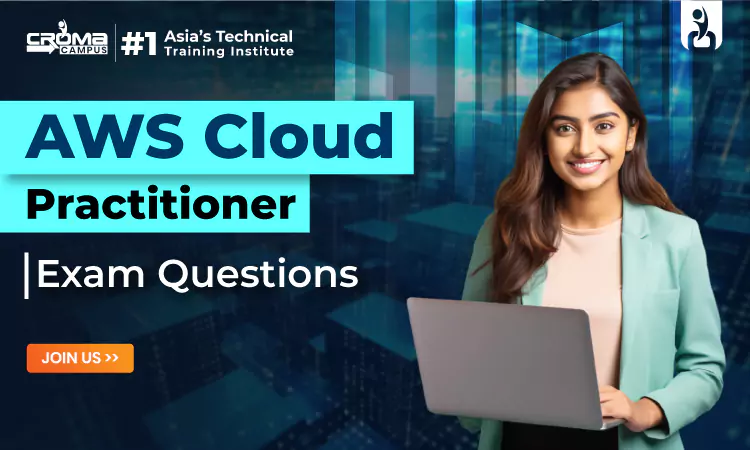
Introduction
The AWS Cloud Practitioner exam is designed for individuals seeking to demonstrate foundational knowledge of AWS cloud services. It covers essential concepts such as compute, storage, networking, and security, as well as the AWS global infrastructure and pricing models.
This guide provides 20 practice questions and answers to help you understand the core services and principles, preparing you for the exam. Moreover, this certification enables you to effectively utilize AWS for various business solutions and get hired in positions like AWS Certified Developer Associate Training.
Important AWS Cloud Practitioner Exam Questions
Here are 20 questions and answers designed to help you prepare for the AWS Cloud Practitioner Certification Exam. Each question and answer pair is concise and targeted to key concepts relevant to the exam.
- What is AWS?
AWS (Amazon Web Services) is a comprehensive cloud computing platform offering a wide range of services, including computing power, storage, and networking, available on-demand with pay-as-you-go pricing.
- What is the AWS Free Tier?
The AWS Free Tier offers free usage for certain AWS services up to specified limits for 12 months, allowing users to explore and experiment with AWS services without incurring costs.
- What is Amazon EC2?
Amazon EC2 (Elastic Compute Cloud) provides scalable computing capacity in the cloud, allowing users to launch virtual servers, called instances, on-demand, and only pay for what they use.
- What are Amazon S3 storage classes?
Amazon S3 storage classes include Standard, Intelligent-Tiering, Standard-IA (Infrequent Access), One Zone-IA, Glacier, and Glacier Deep Archive, each optimized for different use cases and cost requirements.
- What is Amazon RDS?
Amazon RDS (Relational Database Service) simplifies the setup, operation, and scaling of relational databases in the cloud, supporting several database engines such as MySQL, PostgreSQL, and SQL Server.
- What is AWS Lambda?
AWS Lambda is a serverless compute service that lets you run code without provisioning or managing servers. You pay only for the compute time you consume.
- What is Amazon VPC?
Amazon VPC (Virtual Private Cloud) allows you to create a logically isolated network in the AWS cloud, where you can launch AWS resources in a secure environment.
- What is Amazon CloudFront?
Amazon CloudFront is a content delivery network (CDN) service that securely delivers data, videos, applications, and APIs to users globally with low latency and high transfer speeds.
Note: Master cloud skills with AWS Cloud Computing Training, empowering you to design, deploy, and manage scalable applications on AWS. Unlock career opportunities with hands-on expertise in top cloud technologies.
- What is AWS IAM?
AWS IAM (Identity and Access Management) enables you to manage access to AWS services and resources securely, allowing you to create and manage AWS users and groups, and use permissions to allow or deny access to resources.
- What is AWS Auto Scaling?
AWS Auto Scaling monitors your applications and automatically adjusts capacity to maintain steady, predictable performance at the lowest possible cost, scaling out or in based on demand.
Tips: Enhance your cloud expertise with AWS Training and Certification, offering comprehensive resources to master AWS services, gain practical skills, and achieve industry-recognized credentials for career advancement.
You May Also Read These Posts:
What is AWS Command Line Interface
AWS Developer Associate Salary In India
AWS Certification Cost, Types, Exam Details And Salaries
How To Get An AWS Job As A Fresher
- What is AWS CloudFormation?
AWS CloudFormation provides a way to model and set up your AWS resources using templates, allowing you to automate the deployment and management of infrastructure.
- What is Amazon RDS Multi-AZ?
Amazon RDS Multi-AZ deployments provide enhanced availability and durability for databases, automatically replicating data to a standby instance in a different Availability Zone.
- What is Amazon DynamoDB?
Amazon DynamoDB is a fast, flexible NoSQL database service for any scale, offering single-digit millisecond performance with built-in security, backup and restore, and in-memory caching.
- What is AWS Elastic Beanstalk?
AWS Elastic Beanstalk is an easy-to-use service for deploying and scaling web applications and services developed with various programming languages, automatically handling the deployment, capacity provisioning, load balancing, and auto-scaling.
- What is AWS CloudTrail?
AWS CloudTrail enables governance, compliance, and operational and risk auditing by logging and monitoring account activity across your AWS infrastructure.
Note: Croma Campus is one of the leading EdTech companies for providing AWS Course in Delhi. You can check the details about the course, fees, and duration.
- What is Amazon Route 53?
Amazon Route 53 is a scalable Domain Name System (DNS) web service designed to route end-user requests to internet applications by translating domain names into IP addresses.
- What is AWS Trusted Advisor?
AWS Trusted Advisor provides real-time guidance to help you provision your resources following AWS best practices, optimizing your infrastructure, improving security and performance, reducing costs, and monitoring service limits.
- What is AWS CloudWatch?
AWS CloudWatch is a monitoring and observability service for AWS resources and applications, collecting and tracking metrics, collecting log files, setting alarms, and automatically reacting to changes in your AWS resources.
- What is Amazon EBS?
Amazon EBS (Elastic Block Store) provides persistent block storage volumes for use with Amazon EC2 instances, offering high availability and durability for critical applications.
- What is the AWS Shared Responsibility Model?
The AWS Shared Responsibility Model delineates the security responsibilities between AWS and the customer, where AWS manages the security of the cloud, and customers are responsible for security in the cloud.
Note: Master cloud architecture and elevate your skills with AWS Certified Solutions Architect certification, enabling you to design secure, scalable, and cost-effective solutions for diverse business needs on AWS.
Conclusion
Understanding key AWS services and concepts, such as EC2, S3, IAM, and the shared responsibility model, is crucial for the AWS Certified Cloud Practitioner exam. These foundational elements enable efficient, secure, and scalable cloud solutions, preparing candidates to effectively leverage AWS for various business and technical needs. Moreover, one can work in positions like AWS Certified Developer Associate after enrolling in AWS Course Online.
Relevant Cloud Computing Online Courses:
Best Cloud Computing Courses in India
Subscribe For Free Demo
Free Demo for Corporate & Online Trainings.

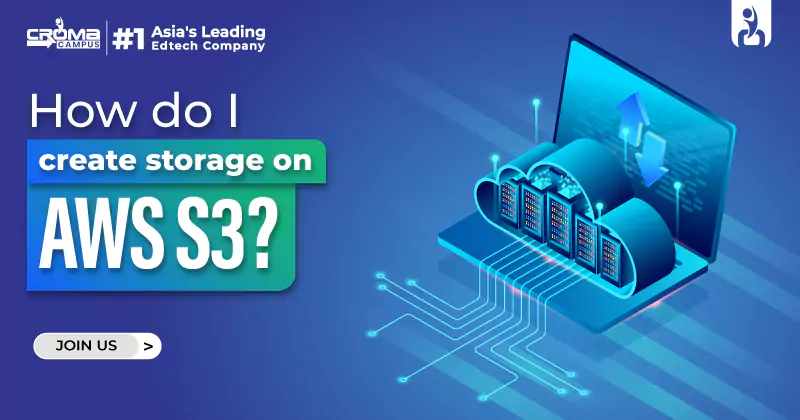
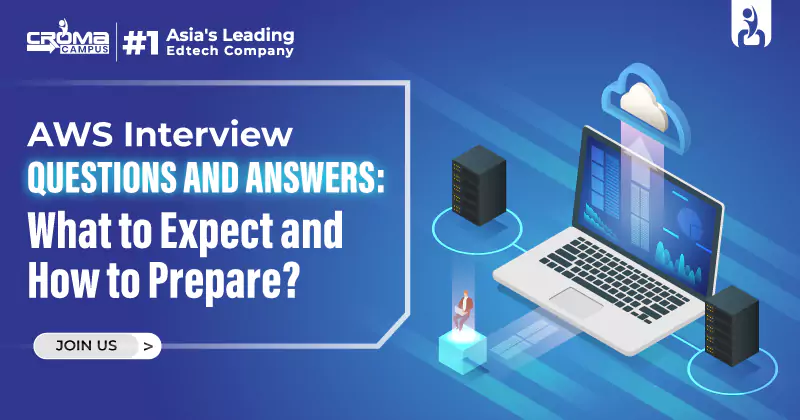
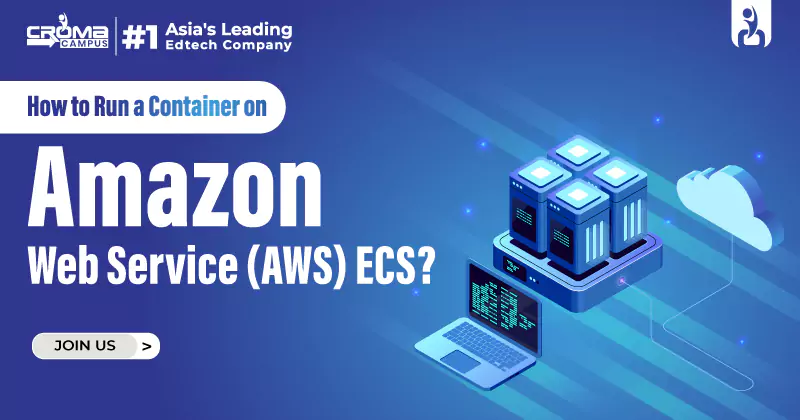
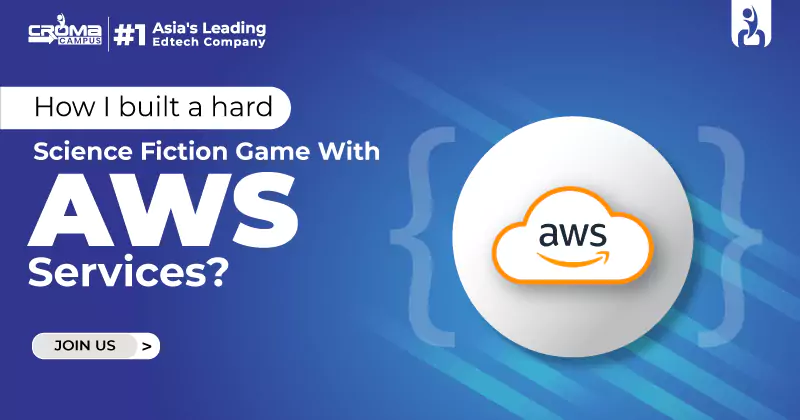
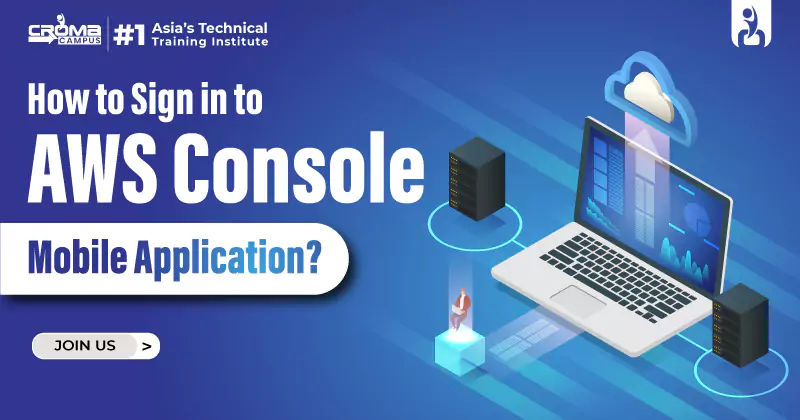
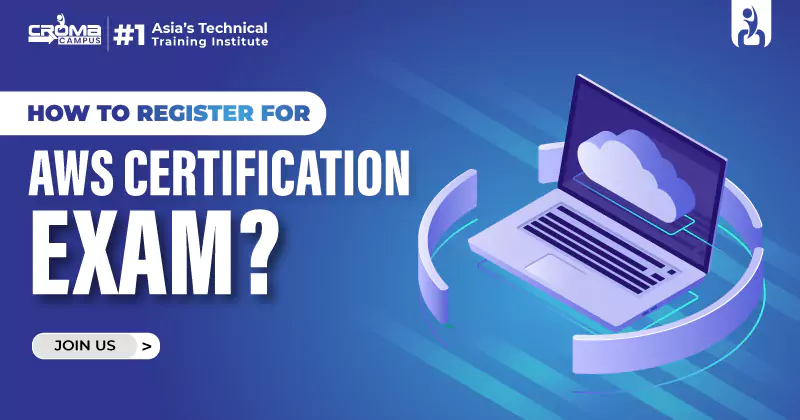
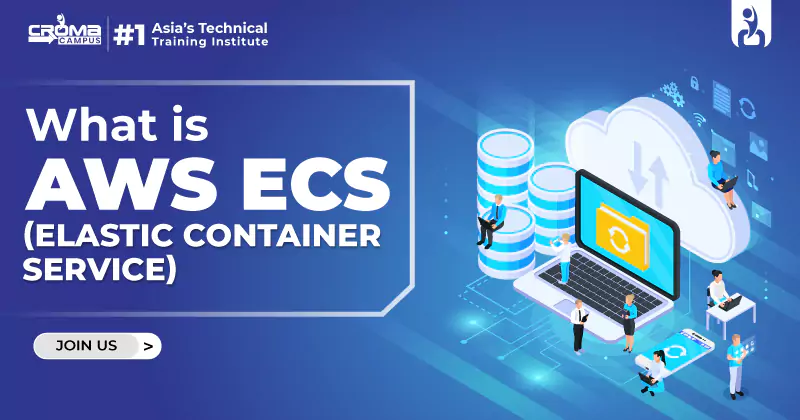
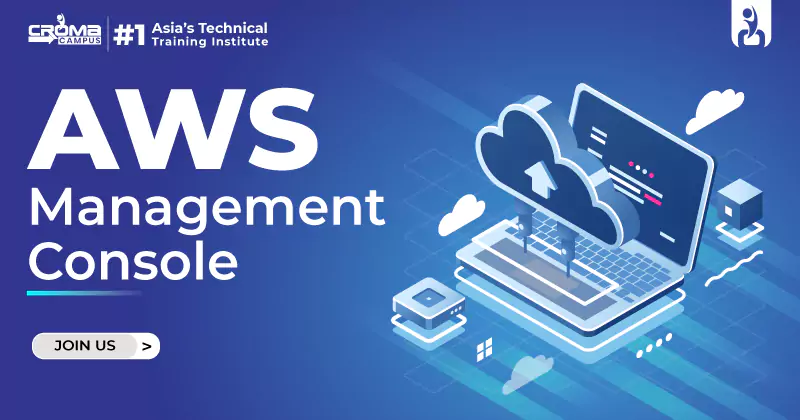
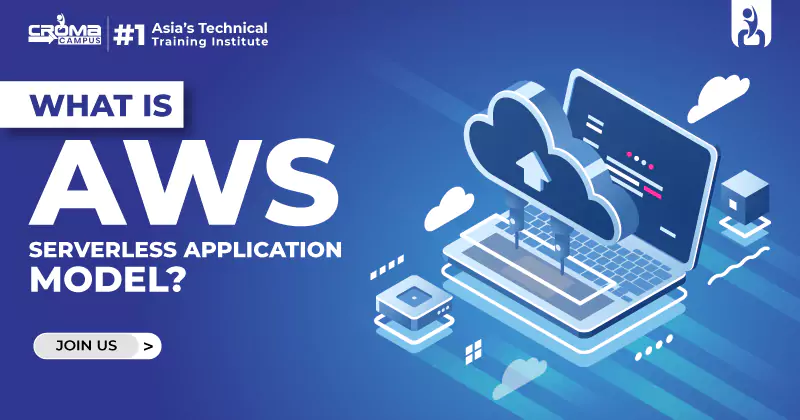
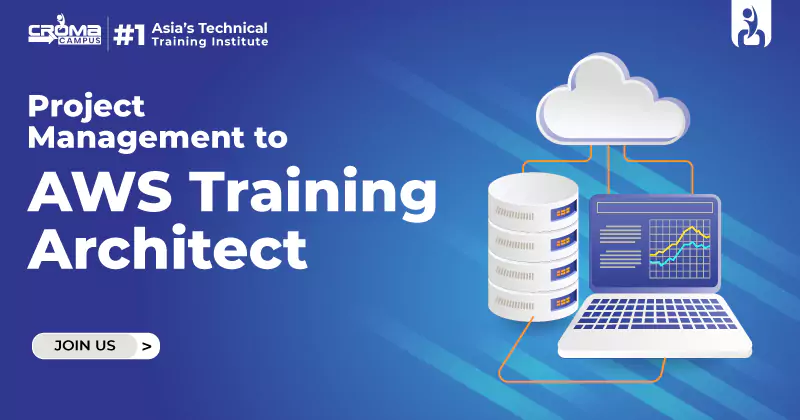
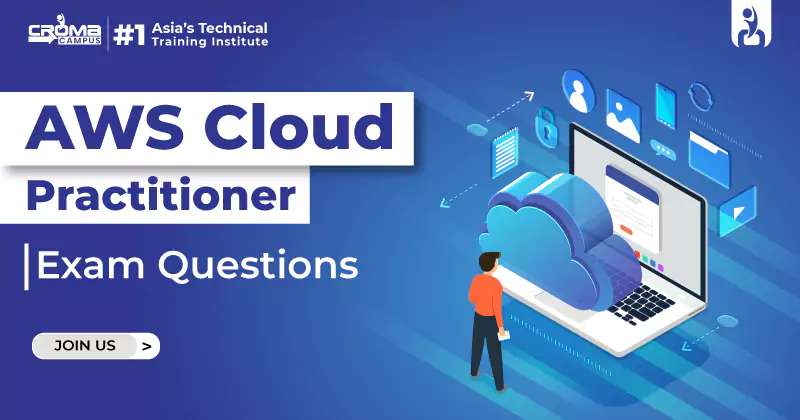













.webp)

.png)















